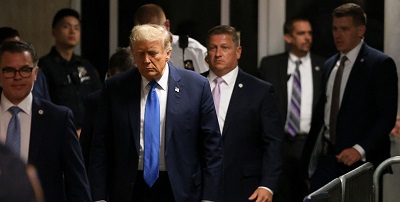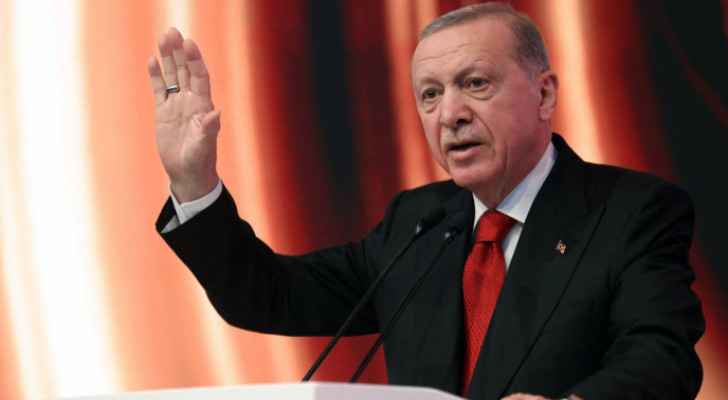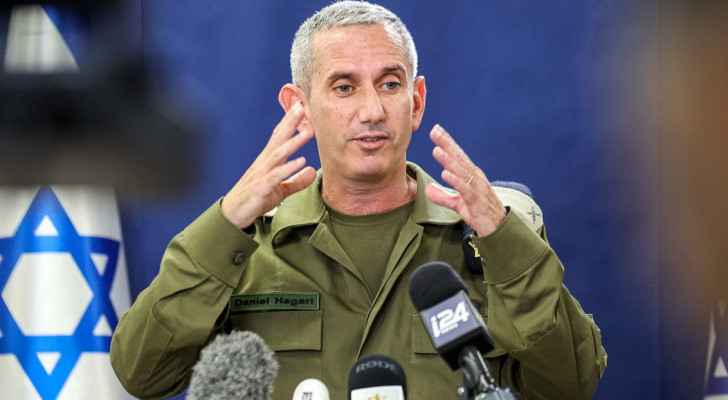Fighting corruption should come first - By Musa Keilani, The Jordan Times
Last month, the American Peace Corp ordered its volunteers to leave the country, citing security threats.
But Jordan does not face security threats from Israel since October 1994, when a peace treaty was signed and ratified, and no security threats are directed from the governments of Syria or Iraq, the adjacent neighbours.
The only threat to Jordan currently is Jihadi Salafist ideology, which has its manifestations in Al Qaeda, Jabhat al Nusra and Daesh. Roughly 2,000 Jordanians are fighting with those groups.
Recent studies indicated that Jihadi Salafism thrives in regions where corruption prevails.
Many examples point to Yemen, where the bank account of one government official exceeded $30 billion, deposited in Swiss Banks, while over 80 per cent of the people lived under the poverty line, as the World Bank said.
Deposed Libyan dictator, Col. Muammar Qadhafi had trillions of dollars deposited in South Africa, while his people lacked proper medical facilities.
As for Jordan, according to a recent poll conducted by the American nonprofit Republican Institute, citizens are more concerned about endemic corruption. And they feel that they have very limited means to redress that issue.
Our country suffers from an unemployment rate of over 30 per cent. Moreover, 15 per cent of the population lives under the poverty line.
Over two million Palestinians live in destitution and despair in some 13 refugee camps administered by the United Nations Relief and Works Agency.
The priority, in fighting Daesh, should be the fight against poverty and corruption.
According to the World Food Programme, 34 per cent of Jordanians under five years of age suffer from anaemia, suggesting that red meat is an increasingly scarce element in their diet.
Jordan battled corruption in the late 1950s, when King Hussein found out that the common denominator between those who tried to topple him was fury against the widespread corruption of ministers and military officers.
The King asked Wasfi Al Tal to form a Cabinet and implement a quick clean-up campaign against corruption.
The same strategy was repeated by King Hussein in 1989, following the April uprising against food and fuel price increases which swept Maan and other parts of the Kingdom.
He then asked General Sherif Zeid Ben Shaker to form a new government and put an end to the icons of corruption in the food and fuel industries.
Targeting corruption is a priority in fighting Daesh, along with ideological and military offensives.
Latest News
 Prosecution lays out ‘criminal conspiracy’ in historic Trump trial
Prosecution lays out ‘criminal conspiracy’ in historic Trump trial King from Madaba: Jordan has always proven its ability to move forward with persistence of Jordanians
King from Madaba: Jordan has always proven its ability to move forward with persistence of Jordanians Safadi discusses war on Gaza with French, German delegations
Safadi discusses war on Gaza with French, German delegations Erdogan arrives in Baghdad for first official visit since 2011
Erdogan arrives in Baghdad for first official visit since 2011 “Israeli” army says it approved plans for “continuation of war in Gaza”
“Israeli” army says it approved plans for “continuation of war in Gaza”
Most Read Articles
- Turkey’s Erdogan in rare Iraq visit to discuss water, oil, security
- Safadi discusses war on Gaza with French, German delegations
- Prosecution lays out ‘criminal conspiracy’ in historic Trump trial
- King from Madaba: Jordan has always proven its ability to move forward with persistence of Jordanians
- Jordan sends 51-truck aid convoy to Gaza
- German envoy for Middle East hails Jordan’s role in Gaza aid
- FAO organises workshop on ecosystem-based water solutions
- Japan hands over ultrasound equipment to the JNRCS
- US Supreme Court weighs ban on homeless people sleeping outside
- Jordan applauds Azerbaijan-Armenia border agreement